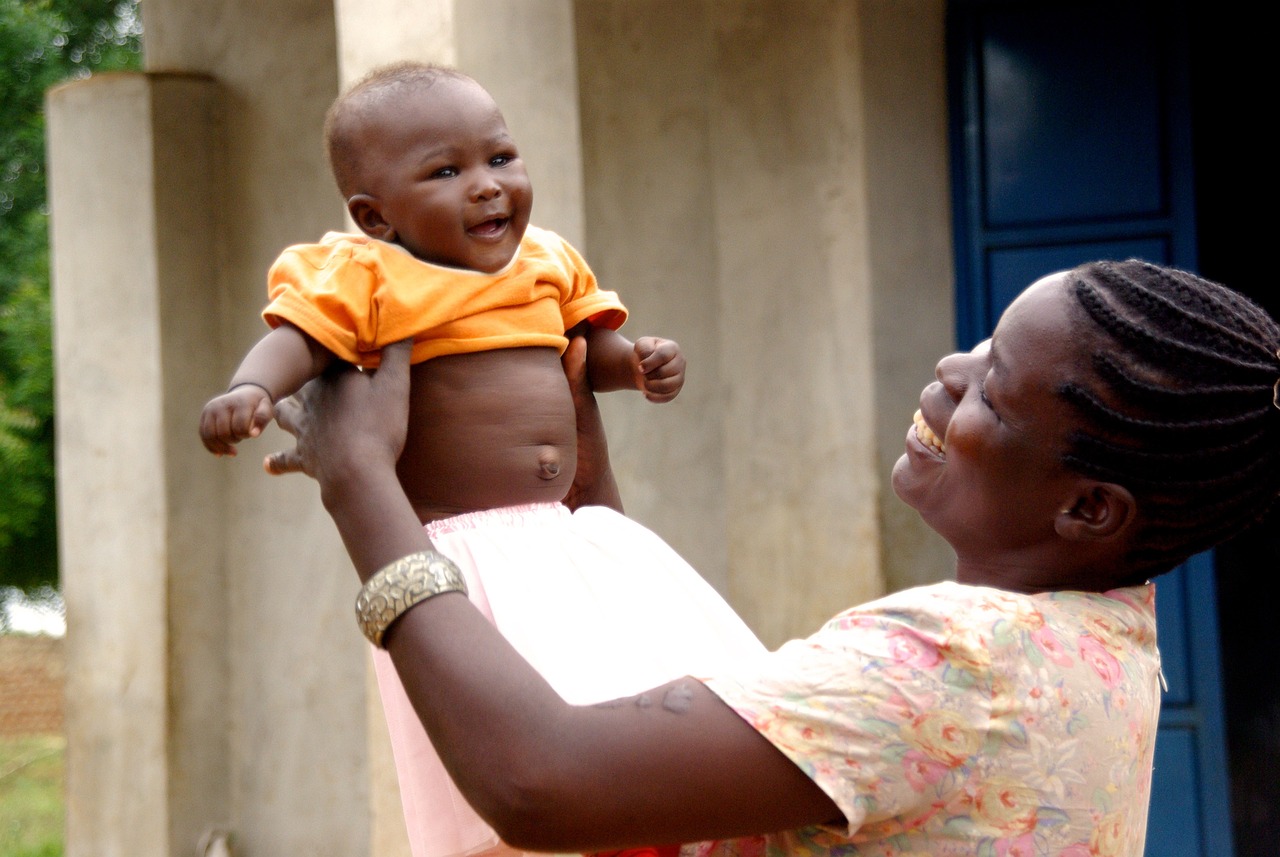Google’s Investments into AI in Africa

Technology is revolutionizing the entire world. Agriculture, education, employment, health and science are all sectors experiencing rapid change thanks to artificial intelligence (AI). With Africa’s population of 1.4 billion inhabitants — 70% of whom aged below 30 — and the significant growth in AI investments, the continent is set to “unlock the next industrial revolution.” Taking this into account, Google has been investing in AI programs in Africa.
The History of AI in Africa
Although medicine in Africa already used AI in the 1970s, the continent saw the pilot of medical artificial intelligence (MAI) during the mid-1980s. First deployed in Kenya, this type of technology enhanced the quality of interactions between health workers and patients in that the former could give more precise diagnoses to the latter. Ever since, AI has helped detect diseases (cancer, malaria, tuberculosis and water diseases), analyze medical scans, facilitate logistics and oversee medical supply chains.
In 2019, Google launched its first AI research center based in Accra, Ghana, to improve health care in Africa. AI is not only used for the health of humans but also for that of plants, as crop diseases affect food security in certain regions.
The Google AI Accra team is providing faculty research grants, as well as sponsoring Masters degree programs and related conferences. As the preferred computing medium in the world is mobile, AI is becoming increasingly available on smartphones. Due to price economics, low-performance budget smartphones are relatively popular in Africa. Consequently, for AI to be widely accessible, the design of compact learning machines must be tailored to these smaller devices.
Google’s Program: AI for Health
In June 2023, the Google for Startups Growth Academy launched AI for Health, an initiative to improve health care in Africa, the Middle East and Europe by supporting medical professionals to diagnose and treat patients more efficiently. Indeed, contaminated drinking water brings on an estimated 502,000 deaths from diarrhea — the most common waterborne disease in Africa — each year. Among this number, 361,000 of these demises are those of children under five. Other prominent deathly diseases of this type in Africa include cholera, typhoid, polio and hepatitis A.
Therefore, AI for Health is among Google’s current efforts to encourage start-ups to address significant global challenges through innovative solutions. During the three months, participants receive equity-free support while attending virtual workshops to learn about leadership development, product design, customer acquisition and responsible innovation. There are also opportunities for one-on-one mentorship sessions from technical experts and AI mentors — such as Google Health, Google DeepMind and Fitbit, for instance — to obtain guidance on company strategy.
To be eligible to join AI for Health, start-ups must have Seed to Series A funding, and they must be using AI to address well-being or health issues. In addition, they must show proof of business traction, a significant user base and revenue, a scalable product and a plausible growth model. The program has recently onboarded 30 start-ups representing 15 countries among the three regions, six of which are African; these are Eden Care (Rwanda), iZola and Zuri Health (Kenya), mDoc and Pharmarum (Nigeria) and Pharmacy Marts (Egypt).
Looking Ahead
All in all, AI for Health plays a pivotal role in transforming and improving health care in Africa, as it provides innovative solutions, creates partnerships and enables knowledge exchange for start-ups. scope, the program is helping tackle health challenges and high costs, as well as enhancing access to health and health care quality.
– Abigail Roch
Photo: Pixabay
